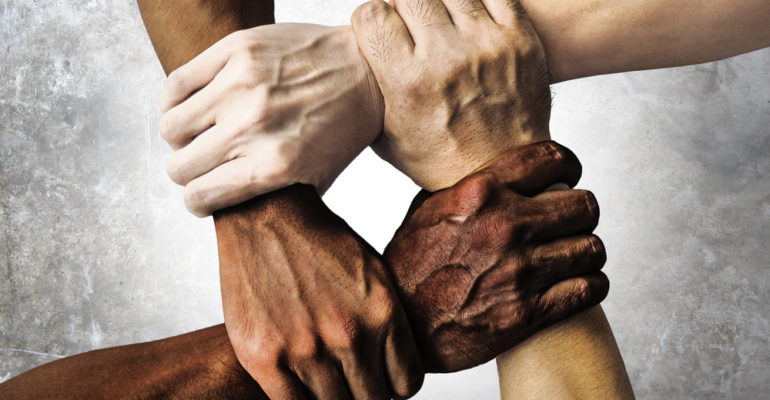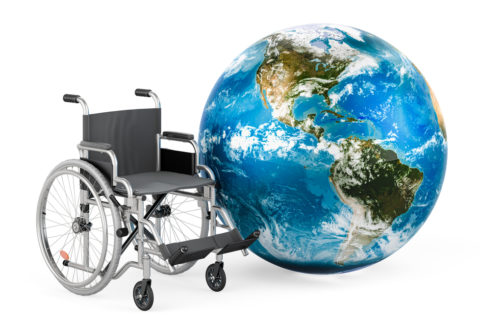Confronting Bias in Language and Society
In the intricate tapestry of our language and society, biases have silently woven their threads, shaping our perceptions and influencing our actions. It’s time for us, as mental health clinicians, to come clean about the implicit biases that permeate our everyday discourse and societal structures.
The stark contrast between “white” and “black” in our language mirrors deeply ingrained associations[1]. “White” resonates with notions of light, innocence, and peace, while “black” often conveys tragedy, disaster, or unhappiness[2]. The unconscious biases embedded in these linguistic nuances extend far beyond mere semantics; they infiltrate our thoughts, behaviors, and societal systems.
As clinicians, we delve into the complexities of the mind, exploring the realms of unconscious biases, internalized racism, and the intricate dance between self-hatred[3] and superiority[4]. We comprehend the psychological mechanisms at play – from social proof to subliminal messages, repetition to positive reinforcement – all contributing to the subtle reinforcement of stereotypes[5].
Beyond language, our visual and auditory landscapes perpetuate these biases. In movies and TV shows, white is often associated with goodness, while black is aligned with darkness or malevolence. Our society’s role models predominantly wear the cloak of whiteness, perpetuating an unconscious narrative that associates success, intelligence, and virtue with a specific skin color.
Turning our gaze to the news, disparities unfold glaringly. Black individuals are overrepresented in incarceration[6], homelessness[7], and poverty[8], while being underrepresented in realms of success and influence. This stark contrast sends a message – unintended or not – that black is synonymous with inferiority.
To truly heal, we must address this colossal elephant in the room – the systemic racism and biases that persist in our language, media, and societal structures. Ignoring these realities only perpetuates the cycle of inequality and perpetuates the message that black is less capable, less intelligent.
Acknowledging these truths is the first step towards healing ourselves and, consequently, healing the communities we serve. By dismantling the biases ingrained in our language and society, we pave the way for a more equitable, inclusive, and compassionate world. It’s time to challenge the status quo, spark difficult conversations, and embark on a collective journey towards genuine transformation. Our patients and clients, affected by various social determinants of health[9], deserve nothing less than a world free from the shackles of bias, where their inherent worth is recognized beyond the color of their skin.
Here are some options for you:
- Enroll in our self-study courses covering topics like implicit bias, cultural awareness, and cognitive distortions.
- Enroll in our self-study courses focusing on working with special populations, including justice-involved individuals, those affected by homelessness, and African American
- Contact us to discuss how SWEET can customize solutions to meet your needs as a clinician or your agency’s needs. (contact@SWEETInstitute.com)
[1] Smith–McLallen, Aaron, et al. “Black and white: The role of color bias in implicit race bias.” Social cognition 24.1 (2006): 46-73.
[2] Mandelbaum, Eric. “Attitude, inference, association: On the propositional structure of implicit bias.” Noûs 50.3 (2016): 629-658.
[3] Gold, Jeffrey. “Suffering, Self-Hate, and the Implicit Association Test: A Critical Assessment into the Zen Philosophy of Cheri Huber.” International Journal of Religion & Spirituality in Society 6.2 (2015).
[4] Golden, Kristen Brown. “White privilege: unconscious racism, freud, and neuroscience of implicit bias.” Critical Philosophy of Race 9.2 (2021): 295-322.
[5] Appel, Markus, and Silvana Weber. “Do mass mediated stereotypes harm members of negatively stereotyped groups? A meta-analytical review on media-generated stereotype threat and stereotype lift.” Communication Research 48.2 (2021): 151-179.
[6] Muller, Christopher. “Exclusion and exploitation: The incarceration of Black Americans from slavery to the present.” Science 374.6565 (2021): 282-286.
[7] Otiniano Verissimo, Angie Denisse, et al. “Homelessness and discrimination among US adults: The role of intersectionality.” Journal of Social Distress and Homelessness 32.1 (2023): 1-15.
[8] Wilson, Valerie. “Racial disparities in income and poverty remain largely unchanged amid strong income growth in 2019.” (2020).
[9] Johnson, Tiffani J. “Intersection of bias, structural racism, and social determinants with health care inequities.” Pediatrics 146.2 (2020).



